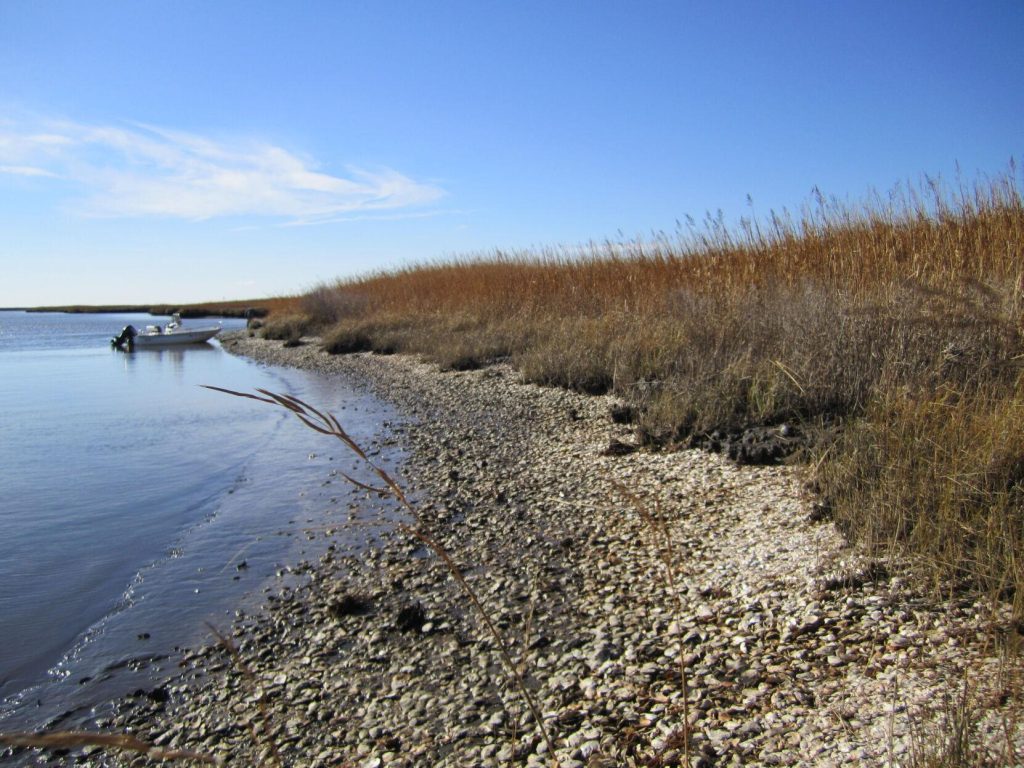Indigenous peoples have shucked billions of oysters sustainably

Photo by Torben Rick
A new global study of Indigenous oyster fisheries co-led by Smithsonian’s National Museum of Natural History anthropologist Torben Rick and Temple University anthropologist and former Smithsonian postdoctoral fellow Leslie Reeder-Myers shows that oyster fisheries were hugely productive and sustainably managed on a massive scale over hundreds and even thousands of years of intensive harvest.
The study’s broadest finding was that long before European colonizers arrived, the Indigenous groups in these locations harvested and ate immense quantities of oysters in a manner that did not appear to cause the bivalves’ populations to suffer and crash.
The research, published May 3 in “Nature Communications,” suggests that studying these ancient, sustainable fisheries offers insights to help restore and manage estuaries today. Further, the authors write that these findings make plain that Indigenous peoples in these locations had deep connections to oysters and that their living descendants are long overdue to be involved in decisions about how to manage what is left of this precious coastal resource.
In places like the Chesapeake Bay, San Francisco Bay and Botany Bay near Sydney, oysters exist at tiny fractions of their former numbers. Oyster numbers declined in these places due to boom and bust exploitation—beginning with European colonizers establishing commercial fisheries that quickly raked in huge quantities of oysters, and ending with cratering oyster populations that were also being devastated by habitat alteration, disease and introduced species.